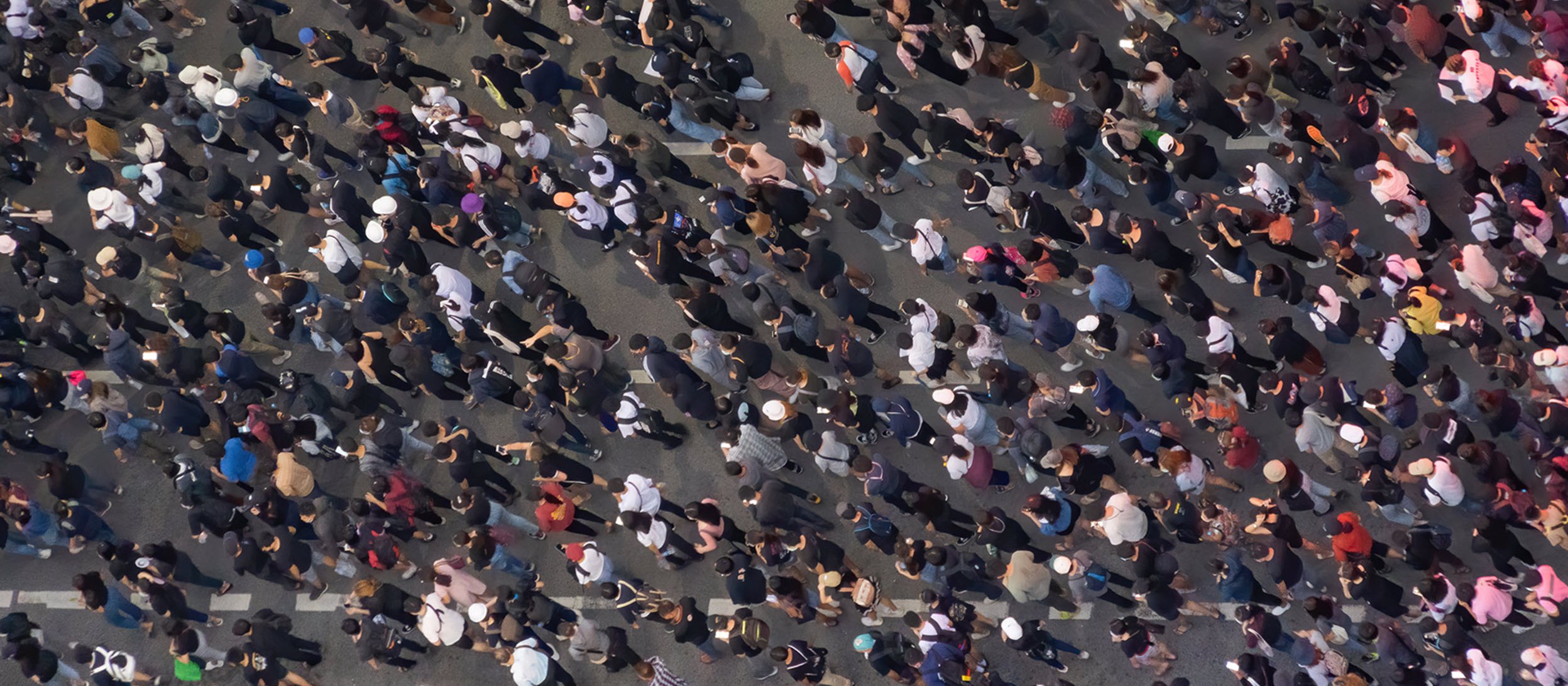Implementation of the EU Anti-SLAPP Directive
Since the adoption of the so-called EU Anti-SLAPP Directive, officially entitled "Directive (EU) 2024/1069 of 11 April 2024 on the protection of individuals who engage in public participation against manifestly unfounded claims or abusive legal proceedings ("strategic lawsuits against public participation")" is that editorial offices and NGOs that are taken to court by affected companies due to scandal reporting or scandal campaigns are increasingly accusing the legal action of constituting SLAPP proceedings. The abbreviation SLAPP stands for StrategicLawsuitagainstPublicParticipation(and is also based on the English word "slap" for "slap in the face").
The "SLAPP" argument, which can also be described as an argument for killing, is linked to the accusation that SLAPP lawsuits are an abuse of rights and should therefore be inadmissible in future following the transposition of the EU directive into national law.
The EU Anti-SLAPP Directive (EU) 2024/1069
According to its recital (1) and Articles 1, 2 and 5, Directive (EU) 2024/1069 is only limited to civil and commercial matters "with cross-border implications". It provides for a series of procedural safeguards against manifestly unfounded actions and abusive proceedings in civil matters with cross-border implications brought against natural or legal persons on the basis of their public participation (Art. 1). The concept of public participation is broadly defined and includes, in particular, any statement or activity made in the exercise of the right to freedom of expression and information, freedom of art and science or freedom of assembly and association on a matter of public interest (Art. 4 No. 1). "Abusive legal proceedings", which the directive is directed against, are "legal proceedings which are not brought in order to actually assert or exercise a right, but whose main purpose is to prevent, restrict or sanction public participation, which often exploit an imbalance of power between the parties and which pursue unfounded claims".
The Directive requires the EU member states to introduce procedural rights in favour of the parties affected by such court proceedings, for example by enabling them to apply for security for costs and early dismissal of manifestly unfounded claims (Art. 6). The Directive also stipulates that Member States should provide in their national law for expedited treatment of such applications (Art. 7) as well as the possibility for the courts involved to impose "dissuasive sanctions or other equally effective appropriate measures, including the payment of damages or the publication of the court's decision" on persons who initiate such abusive proceedings (Art. 15).
According to Art. 22 of the EU Directive, the transposition period only runs until 7 May 2026.
The draft bill
In view of the short transposition deadline, the Federal Ministry of Justice and Consumer Protection (BMJV) published a draft bill in June 2025, which provides for six new paragraphs to be added to the Code of Civil Procedure (ZPO) to implement the EU Anti-SLAPP Directive (Sections 23a, 615-619 ZPO RefE).
If you read the draft bill more closely, however, you quickly realise that it deviates from the EU Directive without necessity by stipulating that the new regulation of anti-SLAPP procedural rights in Germany should not be limited to cross-border proceedings in future, as provided for in the EU Directive, but should also apply to "purely domestic matters" (loc. cit., page 16). This is a far-reaching extension of the cases of application, which would be all the more surprising for judicial practice in media law proceedings in Germany, as there is apparently no actual need for action for such a solo effort in deviating from the EU Directive. This is because the last German government stated in an answer to a minor interpellation on 1 October 2024 (BT-Drs. 13/13237) that there had been no SLAPP proceedings in Germany to date (ibid., page 2):
"To the knowledge of the Federal Government, the practice of the German courts has so far had no experience with the phenomenon of such "SLAPP (Strategic Law-suits against Public Participation) actions".
...
"Also against this background, the Federal Government is not aware of any concrete examples of actions before German courts which, according to the circumstances of the individual case, would have fulfilled the definition of a so-called SLAPP procedure provided for by the Directive."
This assessment is also plausible against the background of the EU Anti-SLAPP Directive. According to Art. 4 No. 3 of the Directive, court proceedings that are brought in order to actually assert or exercise a right are to be excluded from the anti-SLAPP rules to be introduced by the Member States. Recital (29) of the Directive explicitly states: "However, where the claimant in court proceedings pursues claims that are well founded, such proceedings should not be considered abusive for the purposes of this Directive" and recital (7): "In the event of a conflict between these rights, all parties must have access to justice, with due respect for the principle of a fair trial."
Risks and free riders
If the BMJV's draft bill published in June 2025 is adopted unchanged in the ZPO, this would make legal protection considerably more difficult for affected companies and individuals who want to take legal action against false allegations in media reports or scandal campaigns (such as an application for an injunction or an action for injunctive relief), which are staged by NGOs from the animal rights or environmental scene or disseminated by investigative media, for example.
There are two main reasons for this: The unnecessarily planned extension of anti-SLAPP procedural rights to purely domestic matters would mean that practically every affected person who wants to take legal action in Germany against the dissemination of false allegations could immediately be overwhelmed with a bundle of procedural applications from the other side, against which they would first have to defend themselves with the corresponding additional effort on their part. In addition, the draft bill does not expressly exclude legal proceedings from the EU Directive "which are not brought for the purpose of actually asserting or exercising a right". In contrast to the EU Directive, those affected in Germany would therefore be confronted with the comparatively vague question of what the "main purpose" of their action is: the assertion of an actual right or the restriction of public participation.
It can also be observed that legislative projects such as this one seem to magically attract free riders. Even now, during the implementation period, a handful of associations have joined forces and set up a so-called "no-slap" contact point with a website where, for example, bloggers or activists from the radical animal rights scene can use an online form to confirm that legal action taken against their statements is allegedly only a "SLAPP" procedure. With this kind of "confirmation", which sounds official to those not involved, they can then advertise for donations on their social media channels and present themselves as victims of allegedly abusive legal action, even though they themselves were the perpetrators who, with their false and reputation-damaging claims about companies and individuals, gave rise to legal action against these false claims under media law.
Outlook
It will therefore remain exciting to follow the legislative process for the implementation of the EU Anti-SLAPP Directive (EU) 2024/1069, which has so far gone largely unnoticed by the public, and to see whether the extension to purely domestic matters and the softening of the scope of application of anti-SLAPP procedural rights, which is planned without necessity, will actually be incorporated into the German Code of Civil Procedure in a national solo effort.

Subscribe to our GvW Newsletter here - and we will keep you informed about the latest legal developments!




